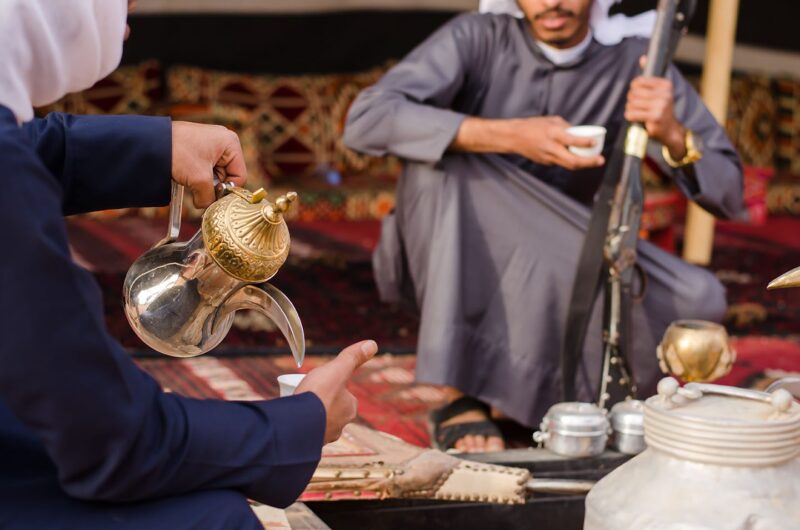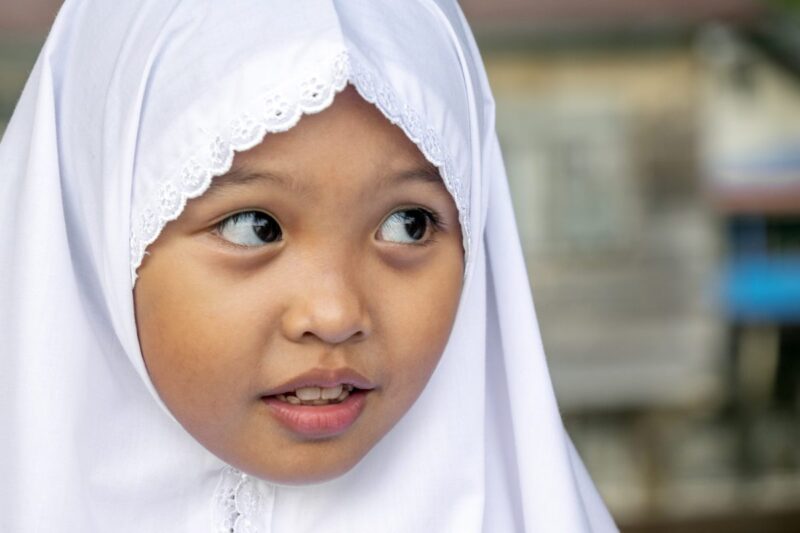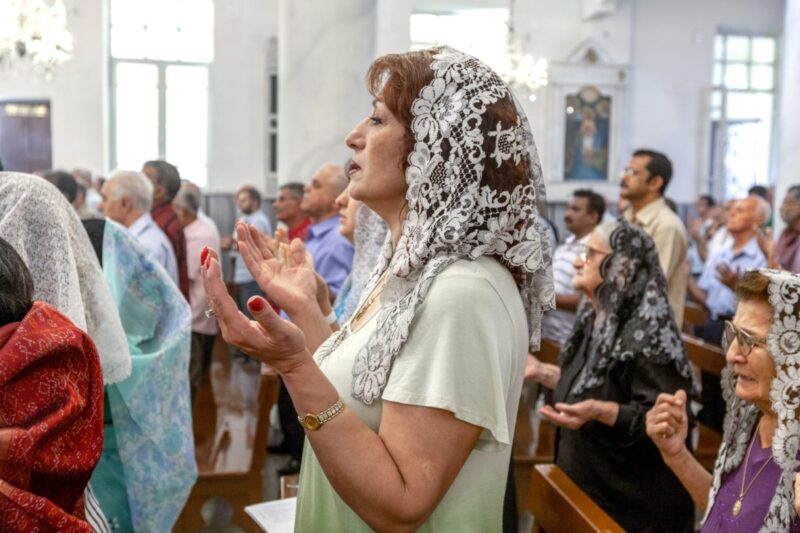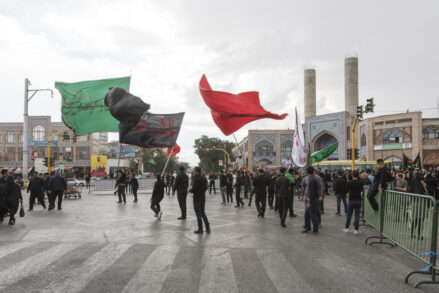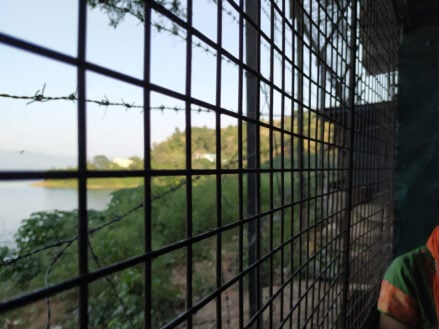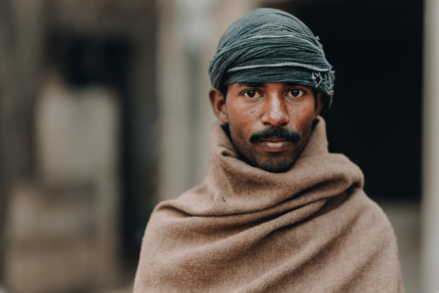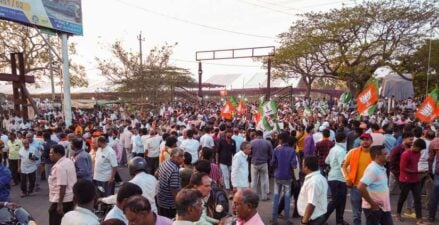Year after year, this is what Christmas looks like for these believers in a North Korean labor camp. Counting the cost, they risk their lives to come together to pray and sing, reflecting on the coming of their Savior—both 2,000 years ago and one future day they all hope comes very soon.
For millions of believers like these, the celebration of our Savior entering the world must be a risk-laden secret Christmas. They know that there is a war on Christmas—and what that war really looks like.
While we see Christmas trees on every corner, persecuted believers might not ever see a single Christmas decoration. If they do, it’s only in a secret celebration because in several countries, Christmas is illegal and banned outright. Any Christmas celebration carries with it the potential for fines, arrest and imprisonment.
Risking death in North Korea
In North Korea, Christianity is illegal—believers must celebrate Christmas in complete secrecy in the woods with a handful of Christians; in homes with candles and in whispers; or in the outhouses of prisons and labor camps.
“Incredibly, many North Korean Christians risk everything to gather on Christmas Day and remember the hope the first Nativity brought to the world,” says Global Christian Relief’ CEO David Curry. “A meeting is usually just two people on a park bench muttering prayers and praise quietly.
For some, it’s too dangerous to even speak, so they simply gather together for a few minutes of encouragement. If a whole family comes to faith, they can organize a type of Christmas celebration. But even then, they must keep it secret from the neighbors.
Last year, North Korean leader Kim Jung Un banned Christmas and instead told people to celebrate his grandmother, Kim Jong-suk, who was born on Christmas Eve in 1919. The first wife of the country’s founding leader Kim Il Sung is known to North Koreans as “the Sacred Mother of the Revolution.”
North Korean refugee John Choi gives us some insight into what North Korea looks like in December: “’Christmas? What is that?’” he says. “That’s what the average North Korean would say if you were able to ask them about Christmas. Everyone in North Korea knows the birthdays of the three Kims (the leaders of North Korea since its beginnings)—but they do not know who Jesus Christ is or that Christmas is Jesus Christ’s birthday.
Christmas has long been a non-event for the North Korean people—except for underground Christians. The regime works hard to ensure information about religious holidays does not enter the country, and most of its citizens remain unaware people are celebrating and belting out Christmas hymns across the world.”
Celebrating secretly in Saudia Arabia

